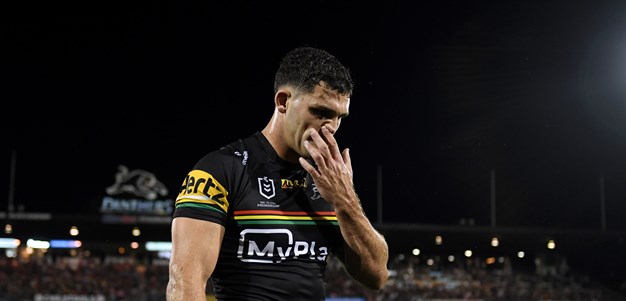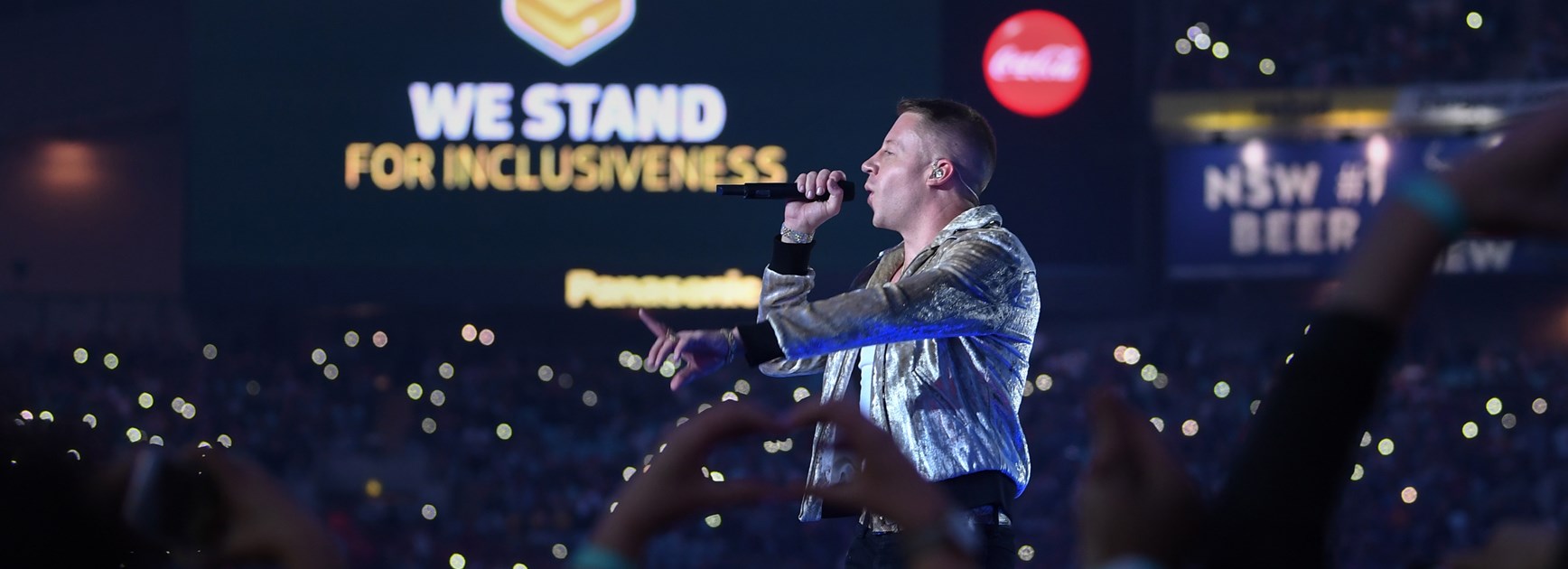
Some say that sport and politics have no place mixing. But my view is these two things are inextricably linked because sport has an ability to bring people together in a way that almost nothing else can and therefore promote community messages, particularly about tolerance and inclusion.
I am almost always proud to call myself a rugby league fan.
When I reflect on all my years of being part of the rugby league family, there are a couple of really special moments that I remember with fondness and which always give me goose bumps when I think about them.
The first is the progress that has been made in the women’s game and some moments from the past year that stand out include when the NRL announced it was launching its women’s competition, the first ever stand-alone State of Origin held at North Sydney Oval and the day that the first game was played in the NRLW last September.
These occasions were all a clear signal that going forward little boys and girls will grow up knowing that both genders can play footy and that there is a clear pathway for women and girls to play rugby league if they want to.
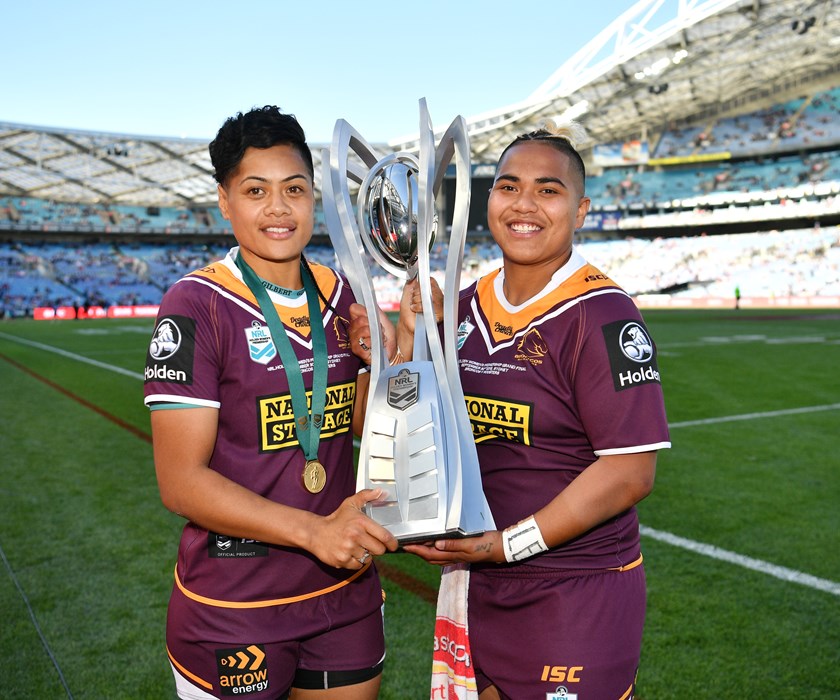
The second moment was grand final night in 2017 when Macklemore sang his smash hit ‘Same Love’ in front of a packed ANZ Stadium.
As Macklemore sang, the screens at the ground were illuminated with phrases like ‘we stand for inclusiveness’, ‘we stand for courage’, ‘we stand for diversity’.
That night almost all voices in our game sang in unison, brought together through sport but sending a more important message about tolerance, diversity and inclusion.
These are times when I have been immensely proud of our game and the values which we stand for; excellence, inclusiveness, courage and teamwork.
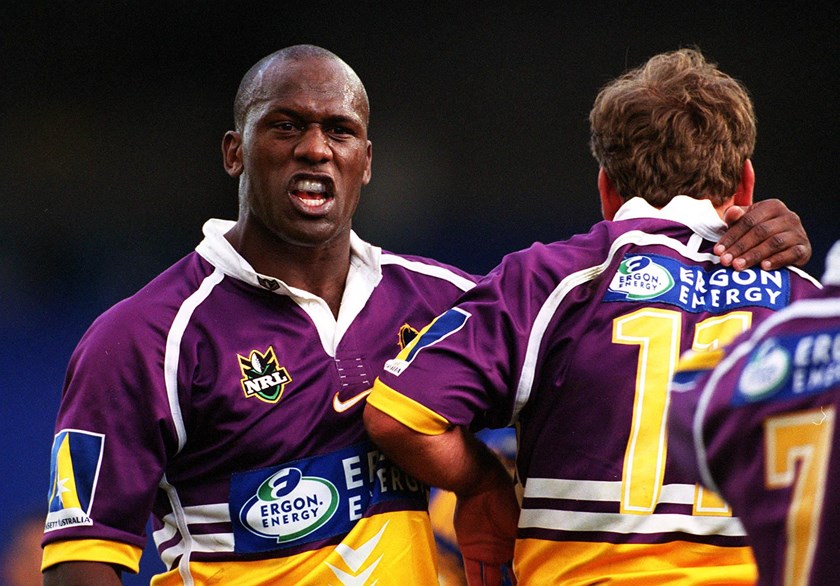
These occasions also reinforced one of my core beliefs about our game – that everyone is welcome and has a place in the rugby league family no matter how they want to participate.
Whilst diversity and inclusion is something that the NRL focuses on and takes very seriously, in the past, I have seen criticism levelled at the NRL for its perceived lack of focus on the LGBTIQ diversity pillar.
Whilst there are clear manifestations of other diversity pillars like gender equality (through the increased presence and role of women throughout the game) and cultural diversity (through the NRL All Stars concept and Indigenous Round), the work being done in the pride space is potentially less overt.
This doesn’t make it of any less importance to the NRL, which last year was recognised as the highest-ranking national sporting organisation by the Pride in Sport Index, which is run by Pride in Sport – a national not-for-profit sporting inclusion program for its work in this space.
If you look closely enough there are several key initiatives the NRL focuses on which led to this ranking.
Part of that work is the NRL’s involvement in Sydney’s most fabulous party of the year – Mardi Gras.
Tomorrow night a group of 60 people representing the rugby league family will march through the streets of Sydney celebrating diversity and inclusion on the NRL’s ‘Pride in League’ float.
When the NRL began its participation five years ago, it made history by being the only national sporting code that had a float in the parade.
Several familiar faces have been part of the festivities before – George Rose, Dene Halatau, Wendell Sailor, Mario Fenech and Jason King.
In 2017, the float was led by Ian Roberts, the only male rugby league player who has identified as gay, and each year the number of people who march grows in size and in voice.
Over the last couple of years, there have been a number of powerful moments across several sports which demonstrates how much attitudes have changed.
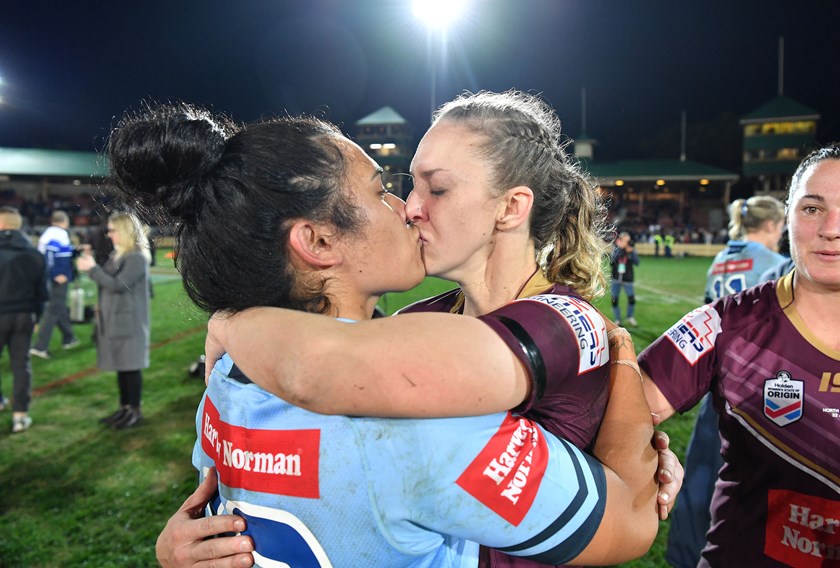
I remember Erin Phillips kissing her partner Tracy when she was awarded the AFLW Players’ Most Valuable Player Award in 2018.
Rugby league has also had one of these moments.
I’ve already mentioned how much last year’s State of Origin meant to me. I remember storming the field at the end of the game with thousands of other fans looking to embrace our Queensland and New South Wales heroines.
Out of the corner of my eye, I spotted Karina Brown and Vanessa Foliaki. Karina plays for Queensland and Vanessa plays for New South Wales. They are also a couple.
Away from the noise and the lights, the couple shared a kiss. I captured it on my iPhone from afar. But photographers were on hand to capture it from up close.
Whilst there was some negativity, overwhelmingly the photo was celebrated as beautiful and inclusive.
When some homophobic comments were made on the NRL’s Facebook page, the NRL’s social media responded ‘welcome to 2018... can't wait for you to join us!’
We have a spectacular product on the field and our athletes are among some of the most talented in the world – but it’s moments like this and the willingness for the NRL to be a truly inclusive and diverse games which is what makes rugby league the greatest game of all for me.
